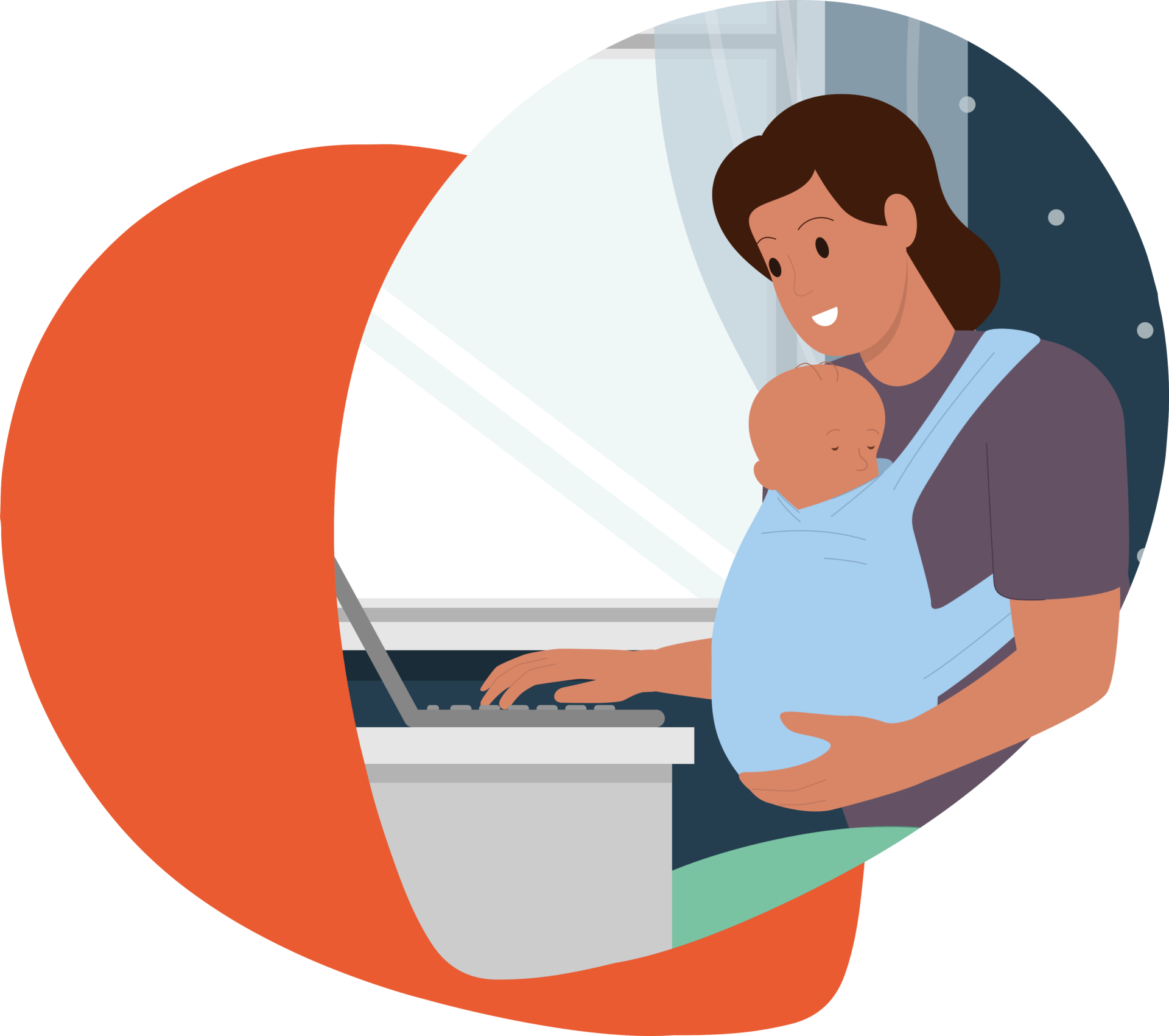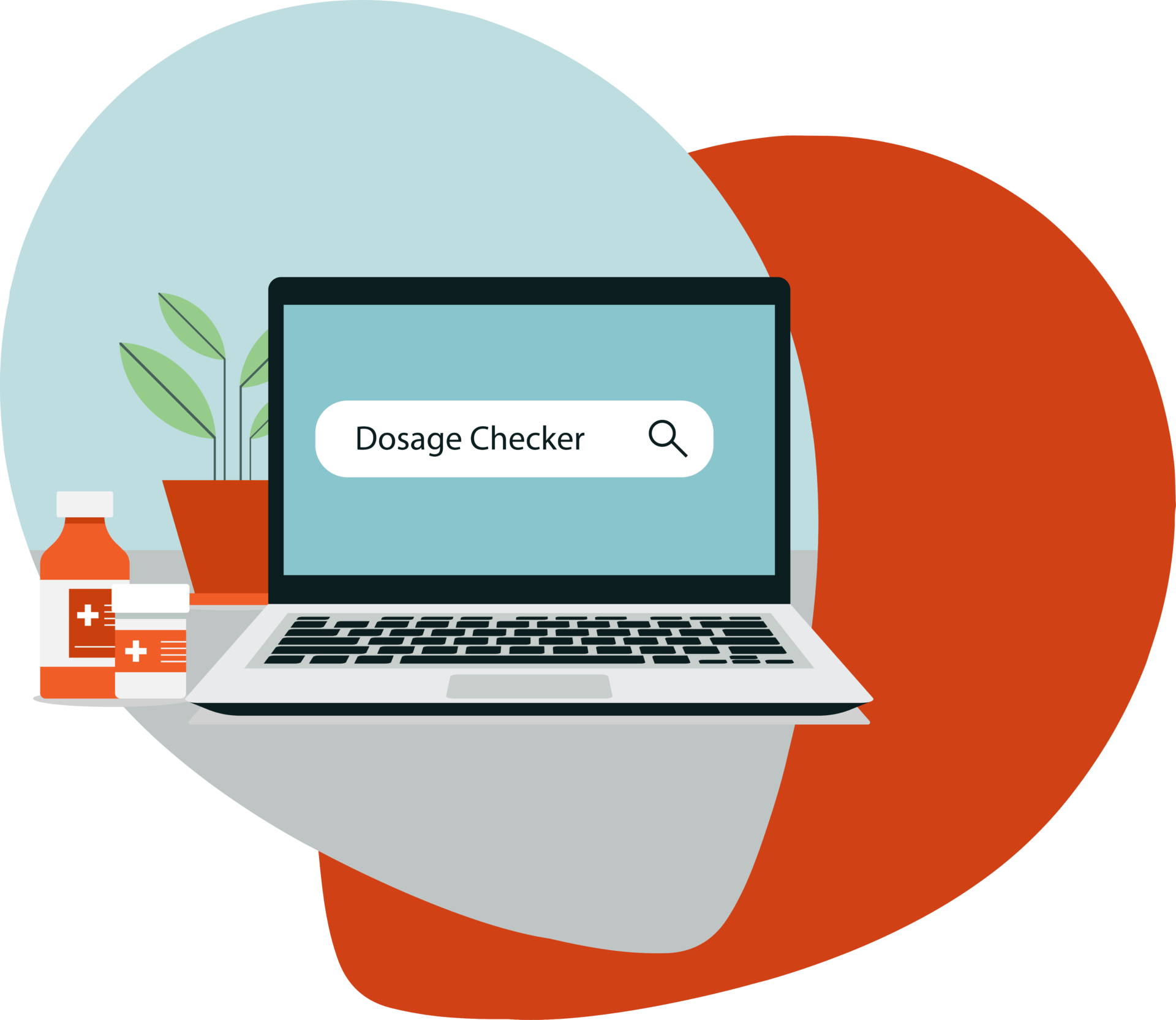Welcome to Peconic Pediatrics and Breastfeeding Medicine– Riverhead
Allied Physicians Group, Peconic Pediatrics office in Riverhead, New York, is home to caring, knowledgeable healthcare providers that are dedicated to helping your child be as happy and healthy as possible. We’re a different kind of pediatric practice because we don’t speak doctor – we speak parent. We’re right beside you for every milestone, big and small, from birth through college, with the answers you need and the peace of mind you want.
Click here to view our Southold office.
Schedule Appointment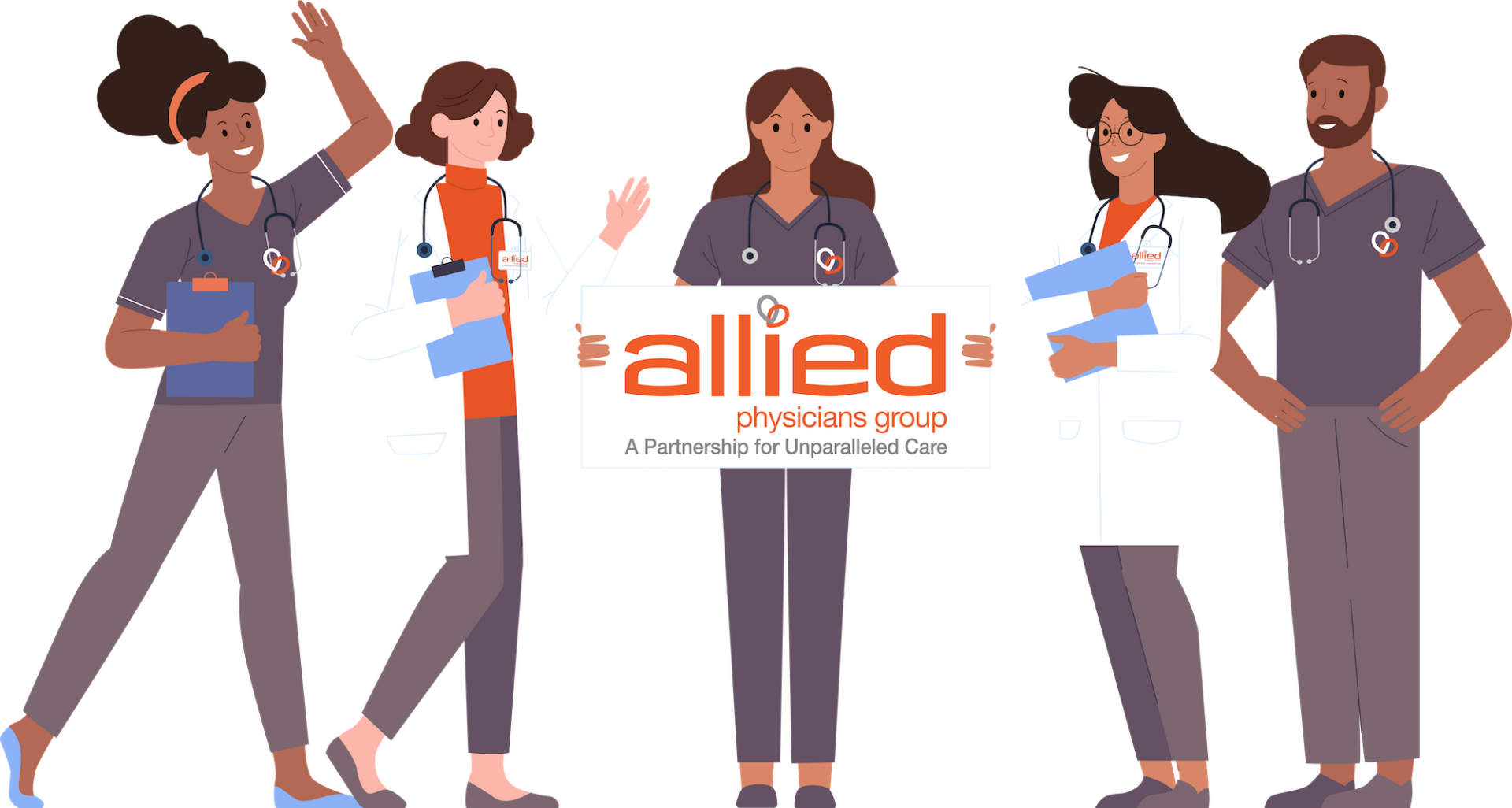
Directions to Our Practice
Link to location address34 Commerce Drive, Suite 2, Riverhead, New York 11901
Phone: Link to location phone number631-722-8880
Fax: Link to location fax number631-722-7851
Link to Schedule a tour pageSchedule an Office Tour!Practice Hours
Monday: 9:00AM- 5:00PM
Tuesday: 9:00AM- 5:00PM
Wednesday: 9:00AM- 5:00PM
Thursday: 9:00AM- 5:00PM
Friday: 9:00AM- 5:00PM
Saturday: 8:00AM- 12:00PM
Sunday: Closed
Evening and Sunday appointments are available upon request.
**Telehealth available daily until 10:30PM
Our Services
No matter where you are, you can rely on us for dependable pediatric care using our telehealth services. Our physicians consult with you via video conferencing to evaluate conditions, manage symptoms, and advise you on proper care—no office visit required!
How Does Pediatric Telehealth Work?
Patients can connect with their doctor virtually through the patient portal. Similar to a FaceTime, Skype, or Zoom call, simply log into your patient portal to get started!
What Can My Pediatrician Evaluate:
- Acne
- Allergies
- Asthma control education
- Behavioral health
- Breastfeeding support
- Colds and other minor illnesses
- Constipation, diarrhea, or vomiting
- COVID-19 (coronavirus symptoms)
- Fever
- Minor trauma screening (cuts, abrasions, animal bites)
- Nutrition support
- Pink eye
- Rash
And much more!
The Pediatric Telehealth Process
Step One – Open your patient portal account
Step Two – Tap “find appointments” and select the type of physician you would like to see along with the reason for the visit
Step Three – Tap “show appointments” and then click on the “online” tab to see available Athena Telehealth appointments
Please tap on the calendar icon to select a date
Step Four – Select the date and time of your appointment
For online appointments, you will see a physician icon with a smaller green camera icon next to it indicating that these are available Athena Telehealth appointments.
Step Five – Review the required patient information fields before tapping “schedule appointment” to book your appointment
You are able to then add your appointment to either your Outlook, Google, or iOS calendar. Please note, if availability is not seen for your primary care physician, please call the office to schedule your telehealth visit.
Preparing For Your Telehealth Visit:
Once your pediatric telehealth appointment is created, you will receive two links. The first link will be a pre-registration and check-in link from Phreesia. The second link will be from athenaOne to either the phone number or e-mail on the account. This will be the link you will utilize for your telehealth appointment. The athenaOne link will bring you to the login for the virtual waiting room before your telehealth appointment.
Once you’re in the virtual waiting room, your physician will be notified you are there and they will join you for the consultation.
Telehealth Hours
Daytime Visits: Monday – Friday 8:00 am to 6:30 pm
After-Hour Visits: Seven Days a Week 6:30 pm to 10:30 pm
To schedule an appointment during daytime hours, please call the office. To schedule an appointment after-hours, please call 833-269-2444.
After-Hours Telehealth Visits
After-hours telehealth visits are available seven nights a week with an Allied pediatrician from 6:30 pm to 10:30 pm. For technical issues or concerns, you can speak with a telehealth coordinator at 833-269-2444 any time after 6:30 pm.
View ServiceInfancy, childhood, adolescence, and young adulthood are delicate periods for a child. Well visits are an essential part to live a healthy life. It is important to keep up-to-date with your child’s visits and immunizations.
Routine Well Visits
Our pediatricians monitor your child’s growth to ensure they meet all milestones and benchmarks. We provide easy-to-follow care schedules for your child based on age, medical history, and other essential factors.
Well visits include:
- General screenings
- Immunizations
- Lab work
- Physicals
Sick Visits
When your child experiences a common illness, our pediatricians are available to treat your sick child as soon as possible in a compassionate, friendly environment. Patients can also access specialty clinicians should an illness require advanced diagnostic attention or care.
Immunizations
Immunizations and vaccinations are important to shield your little one against preventable diseases, such as whooping cough (pertussis) and measles, which can be extremely dangerous to your children. It is important to stay on top of your child’s immunization schedule by attending all your child’s well visits.
Minor Injury Care
Much like sickness, injuries tend to occur suddenly and without warning. If your child suffers a minor injury and requires medical attention, our pediatricians can apply the treatments needed for proper healing.
View ServiceWhether you are nurturing your firstborn or feeding the newest addition to your family, breastfeeding is a journey with many highs and lows. Allied’s breastfeeding specialists are available to provide compassionate lactation support in this phase of motherhood.
Transitioning to parenthood can be overwhelming. The fourth trimester is a unique period for mother and baby, and all breastfeeding mothers deserve an in-depth session with follow-ups as needed to optimize their health and the health of their infants. Allied’s breastfeeding and lactation support specialists are honored to provide quality breastfeeding and lactation medical care to breastfeeding families where their individual goals can be met.
Allied’s breastfeeding medicine specialists include board-certified pediatricians, international board-certified lactation consultants, and specialists who offer in-office consultations and solutions to help moms and babies accomplish a breastfeeding plan that works for them. We also offer virtual visits for your convenience and comfort, which have been invaluable resources to new moms in those early, sleepless days!
Common Reasons for an Appointment
- Difficulty with latch and positioning
- Sore, cracked, bleeding nipples
- Breast pain, pain with breastfeeding
- Concern about low milk supply/oversupply
- Tongue tie and lip tie
- Baby slow weight gain, rapid weight gain
- Baby fussy, gassy, allergy, reflux
- Breastfeeding after breast reduction, augmentation, biopsy, or surgery
- Breastfeeding multiples
- Breastfeeding premature infants
- Pumping, returning to work
- Engorgement, plugged ducts
- Breast and nipple infections
It can be challenging to pinpoint the root cause of behavioral problems. Our behavioral health specialists will work closely with you to help provide personalized care.
Our physicians will consult on care for a wide range of behaviors, including:
- Anxiety
- Depression
- ADHD
- ADD
- Sleep disorders
- Enuresis
- Behavioral problems vs. disorders
- Learning problems
- Eating problems
Ear piercing can be separated into two categories – infancy and “when they are old enough to ask for it.”
Infancy – Ear piercing during infancy is best done between 3 and 10 months. Before 3 months they are too young and after 10 months they are more active making the actual piercing more difficult.
Older children – Ear piercing after 10 months of age may be slightly more complex. Not only does the child have to ask for the piercing, but they have to sit still for the piercing as well. After 10 months we recommend 3-year-olds being the youngest. However, we can assess on a child-by-child basis depending on the individual.
Ear piercing is not covered by insurance.
We solely pierce ear lobes. We do not pierce the cartilage higher up on the ear as the risk of infection is too great. We do not pierce any other body parts.
We use the patented Medi-System which is only available in a physician’s office. The earring goes in and the backing goes on at the time of the piercing. The tiny “diamond” stud is surrounded by 24-karat gold and the only metal touching your child’s skin is titanium. This inert metal is the least likely to cause any kind of allergic reaction at the site of the piercing.
View ServicePediatric Care Team of Riverhead, New York
The skilled pediatricians, nurses, and staff at Peconic Pediatrics ensure your family receives the best possible care in Riverhead, New York. As members of Allied Physicians Group, our offices have access to a network of pediatricians and specialists to support our pediatric services, solutions, resources, and capabilities for your child’s health. Learn more about our pediatricians and our practice’s commitment to your family.
-
Headshot of Jennifer Shaer, MD
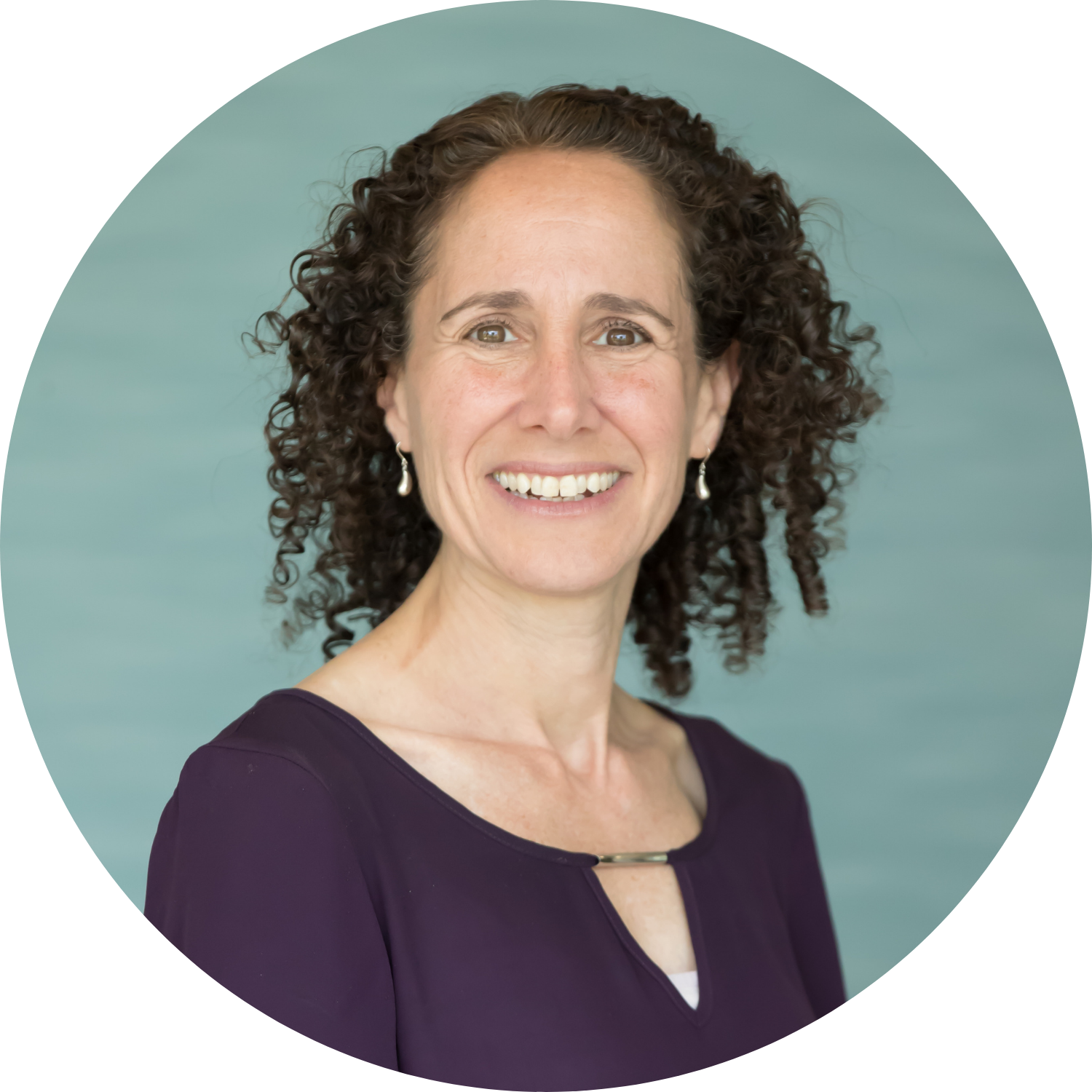
Jennifer Shaer, MD
Read Bio about Jennifer Shaer, MD -
Headshot of Fatema Meah, MD
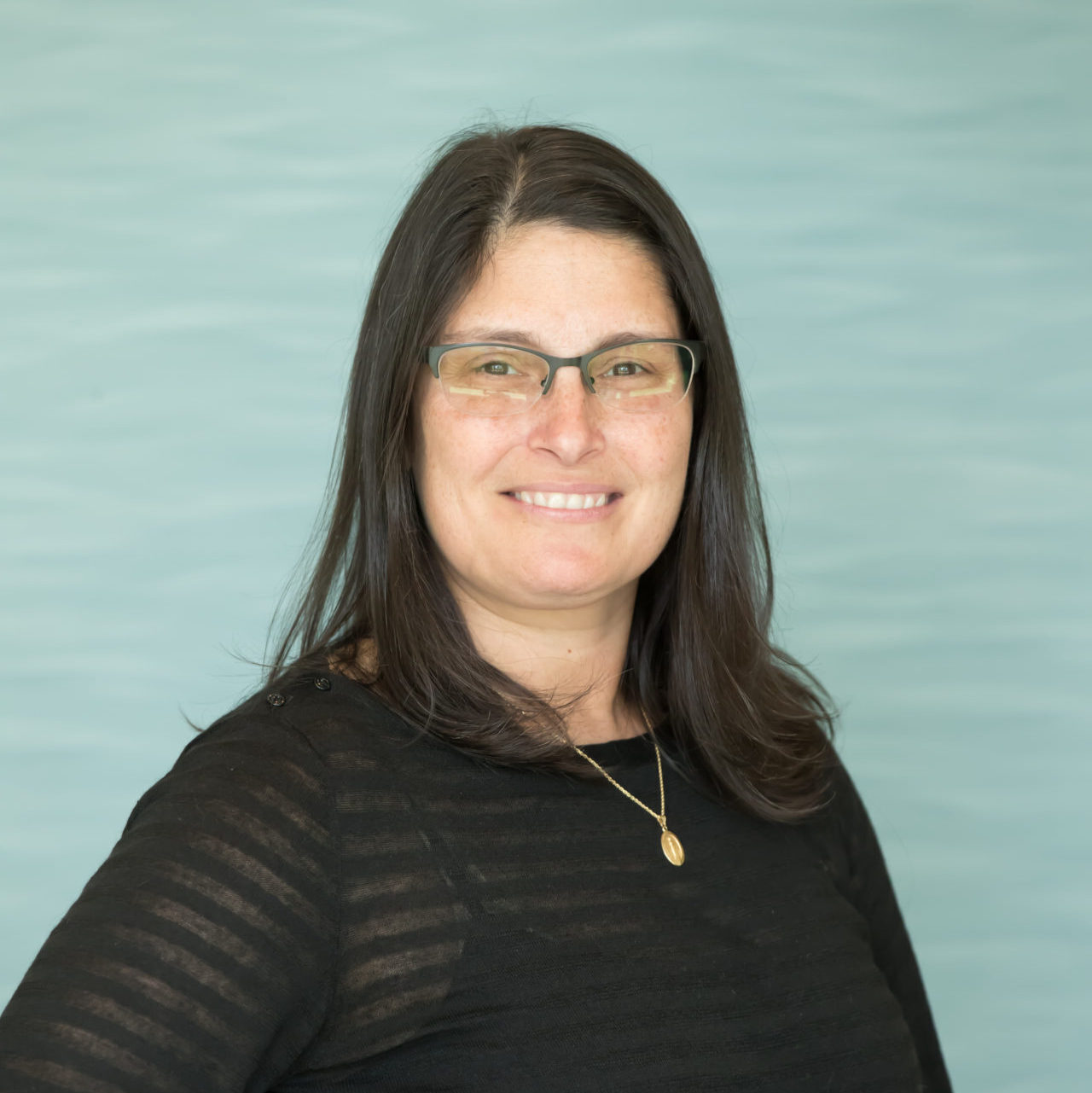
Fatema Meah, MD
Read Bio about Fatema Meah, MD -
Headshot of Jennifer Rich, MD

Jennifer Rich, MD
Read Bio about Jennifer Rich, MD -
Headshot of Brad Fell, MD
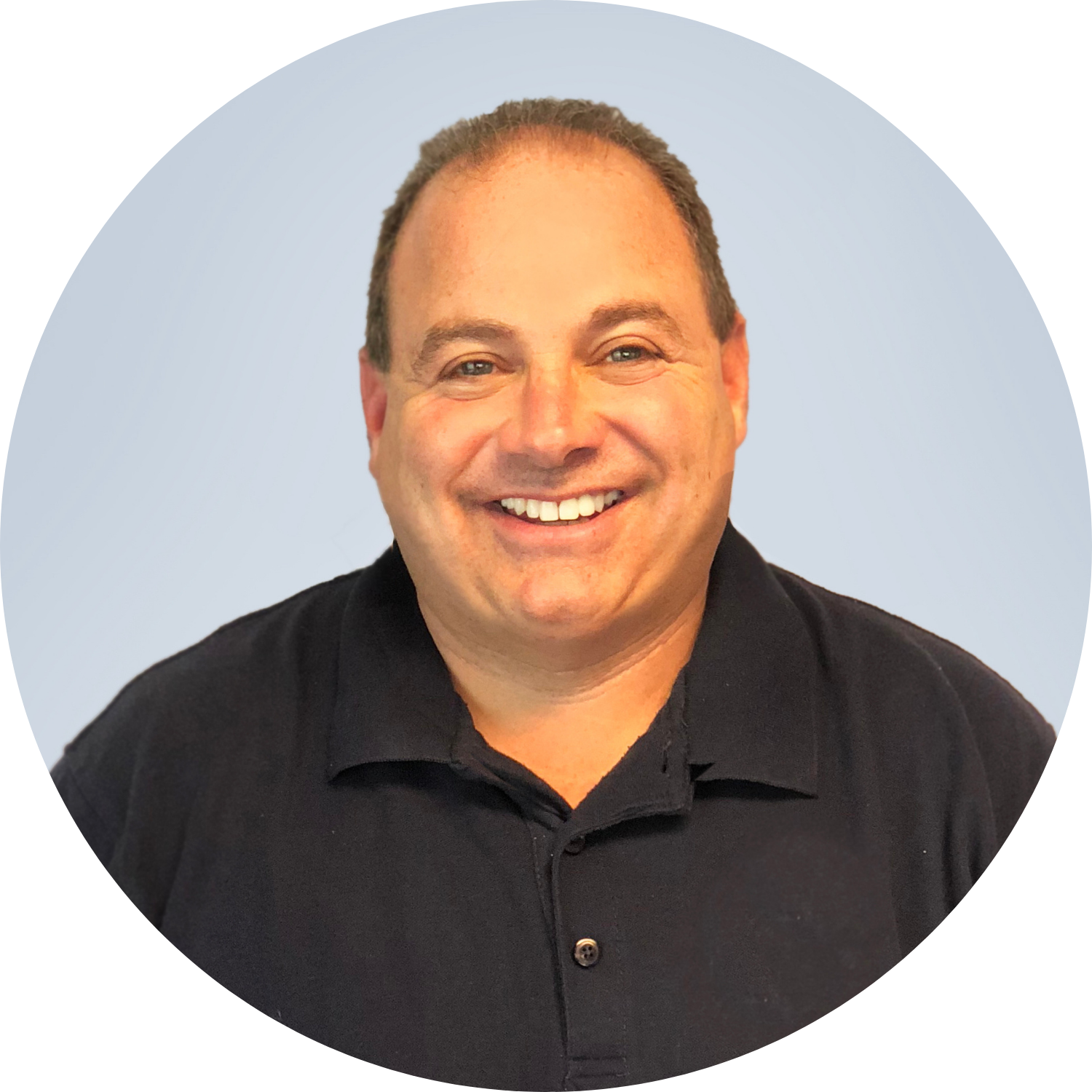
Brad Fell, MD
Read Bio about Brad Fell, MD -
Headshot of Lisa Visentin, MD

Lisa Visentin, MD
Read Bio about Lisa Visentin, MD -
Headshot of Megan Kasnicki, MD

Megan Kasnicki, MD
Read Bio about Megan Kasnicki, MD -
Headshot of Douglas Friedfeld, MD
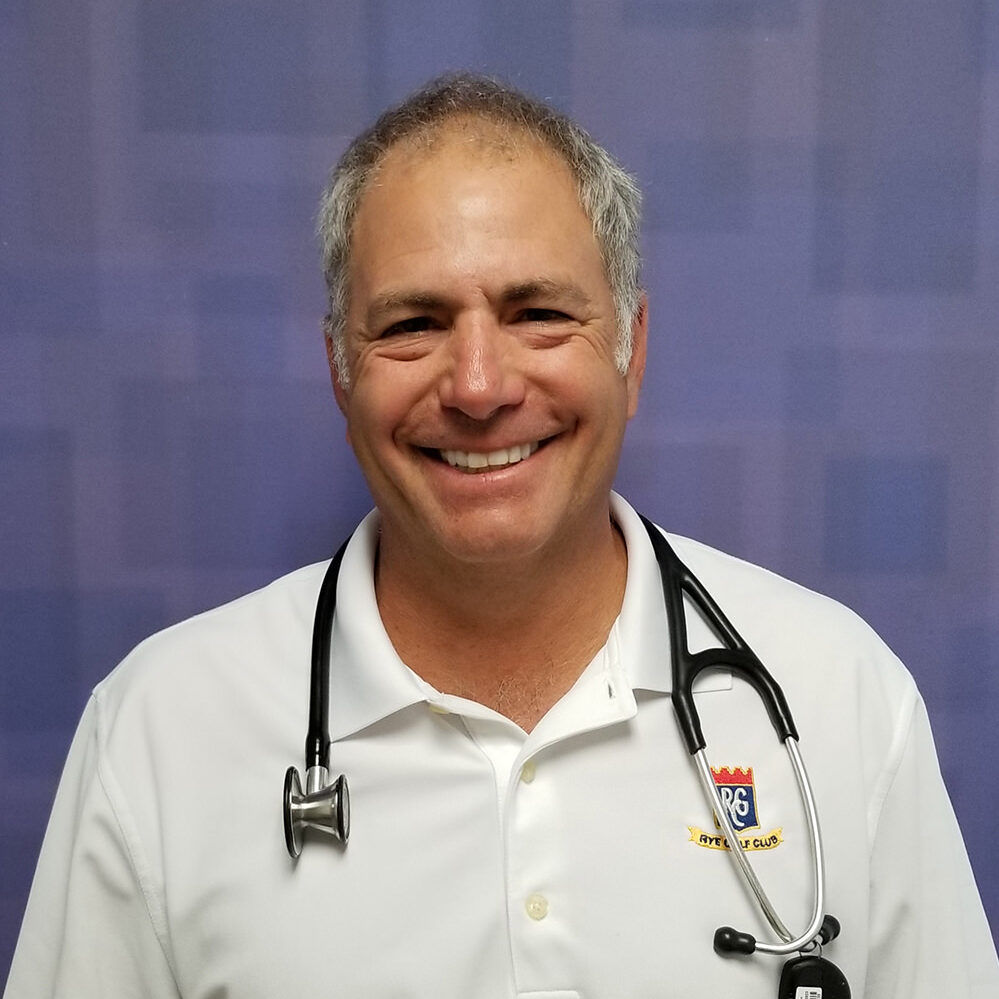
Douglas Friedfeld, MD
Read Bio about Douglas Friedfeld, MD -
Headshot of Jessica Cohn, MD

Jessica Cohn, MD
Read Bio about Jessica Cohn, MD -
Headshot of Kerri Roesch, PA
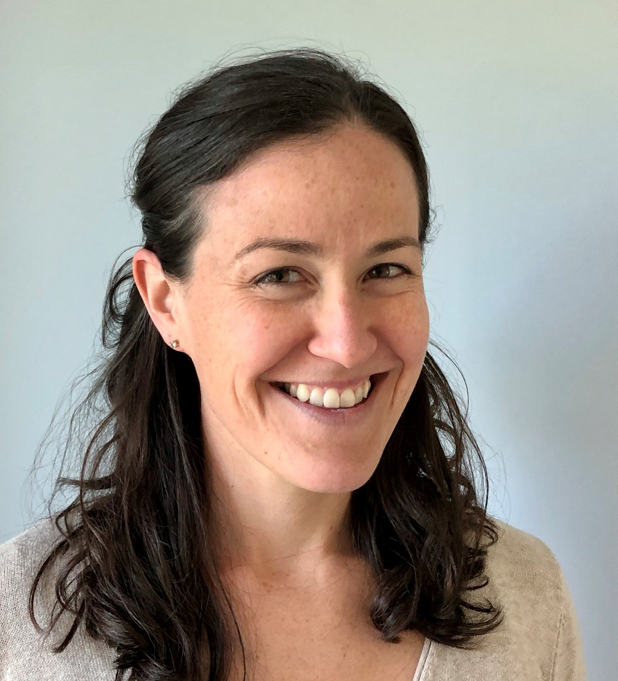
Kerri Roesch, PA
Read Bio about Kerri Roesch, PA -
Headshot of Kara Crawford, NP

Kara Crawford, NP
Read Bio about Kara Crawford, NP -
Headshot of Jaclyn Mcquade, PA

Jaclyn Mcquade, PA
Read Bio about Jaclyn Mcquade, PA -
Headshot of Kelly Kerrane, NP
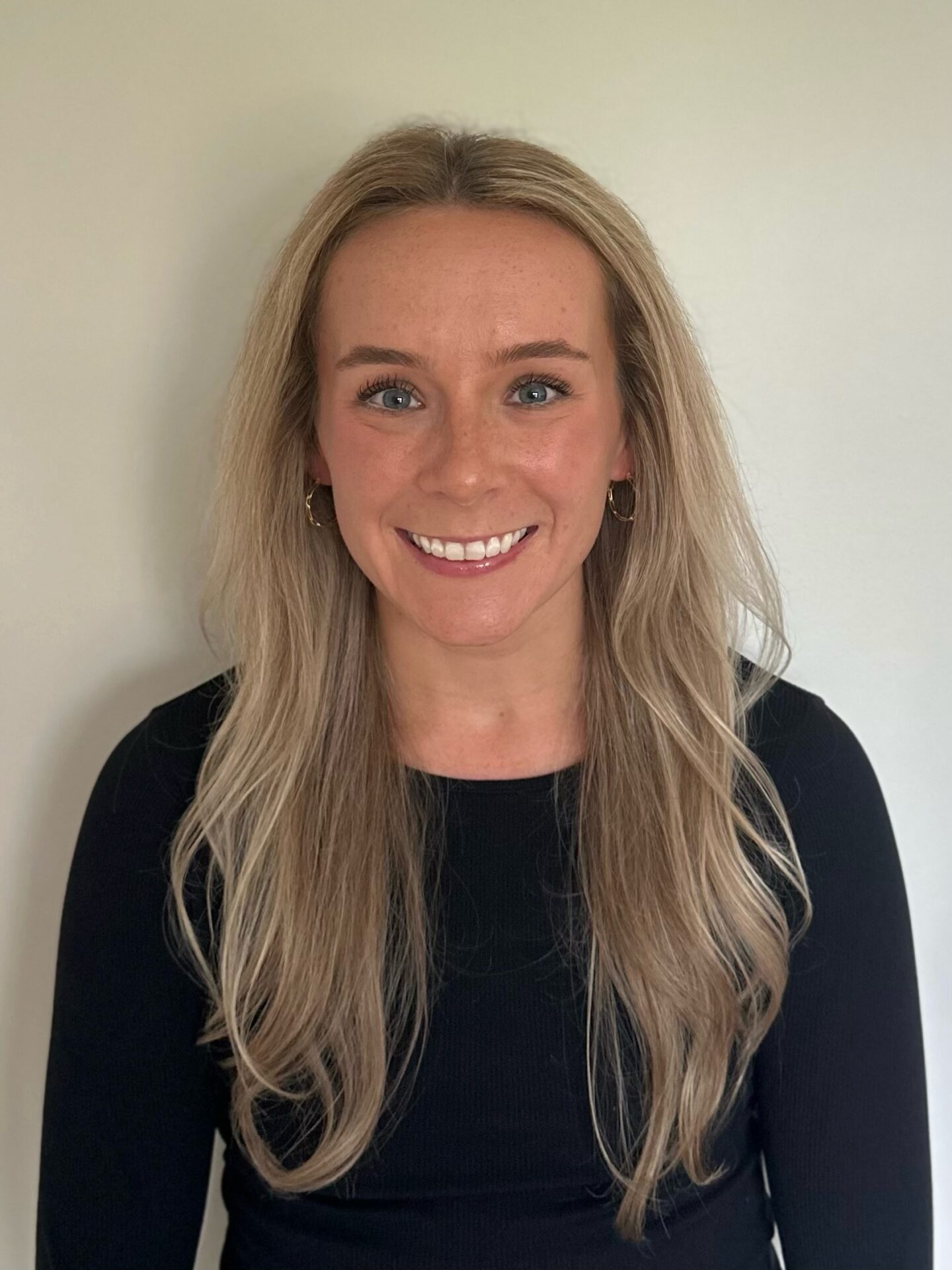
Kelly Kerrane, NP
Read Bio about Kelly Kerrane, NP -
Headshot of Loretta Strunk, PA
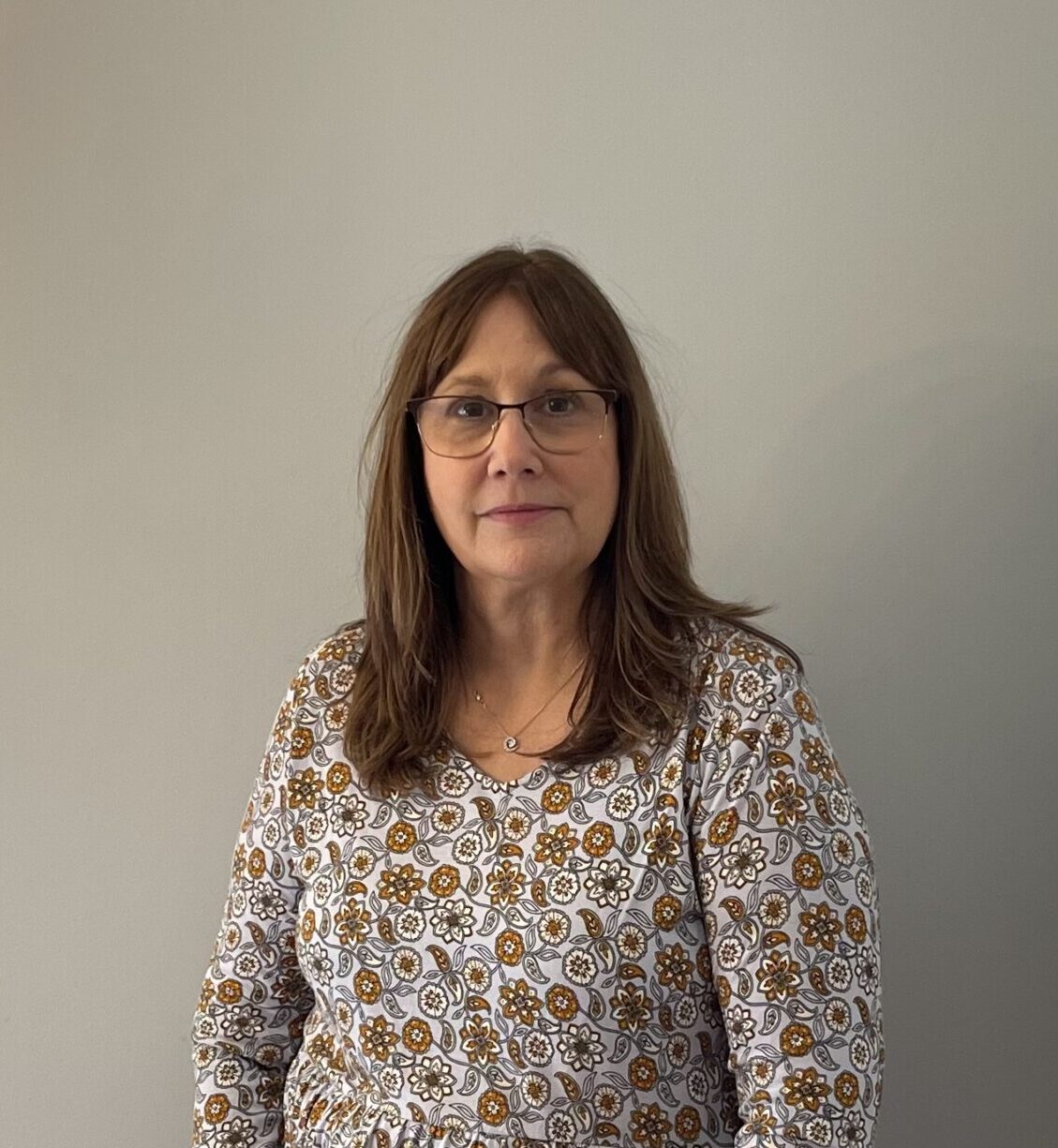
Loretta Strunk, PA
Read Bio about Loretta Strunk, PA -
Headshot of Andrea Cordova, PNP
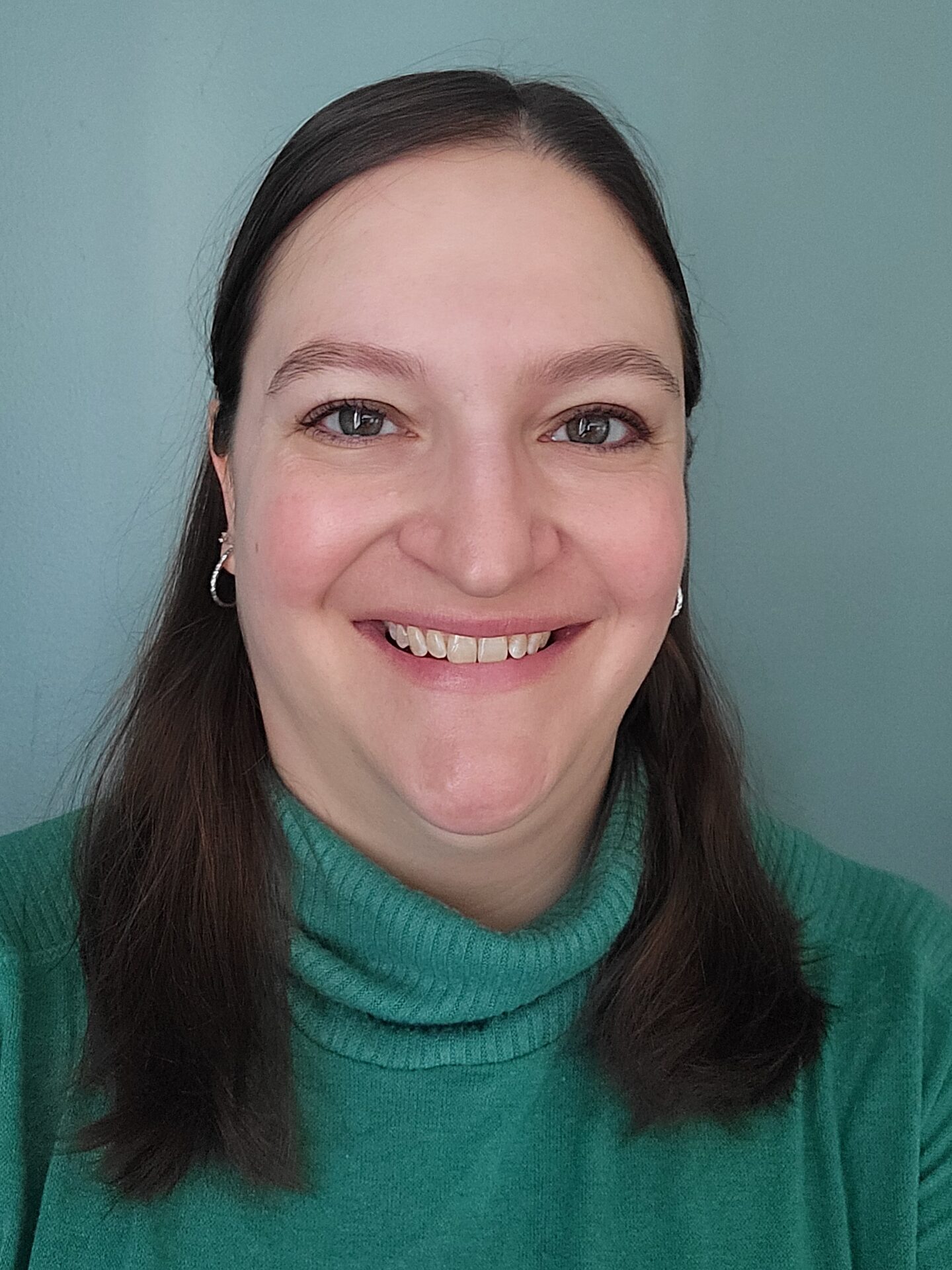
Andrea Cordova, PNP
Read Bio about Andrea Cordova, PNP
Forms & Resources
PEDIATRIC MENTAL HEALTH
You’ll find a friend in us if you’re concerned about your child’s mental health. We have experience with ADHD and managing mild childhood mental health problems. If a referral to a specialist, such as a social worker, psychologist or psychiatrist is needed, we can help you get one. A 3-5 day period is requested to complete a referral and we kindly request advanced notice before your appointment. You can always request a referral easily through in our secure patient portal.
- The American Academy of Child & Adolescent Psychiatry
- The Postpartum Resource Center of New York
- The Mental Health Association of Suffolk County
- Children & Adults Living With Attention Deficit/Hyperactivity Disorder
- Frequently Asked Insurance Questions
- Record Release Form (English)
- Record Release Form (Spanish)
- Family Registration Form (English)
- Family Registration Form (Spanish)
Helpful Quick Links
About Peconic Pediatrics and Breastfeeding Medicine– Riverhead in Riverhead, New York
At Peconic Pediatrics in Riverhead, NY our focus is on prevention. We don’t only want to be there for you when your child is sick; we want to be a guide and a resource for every milestone, big and small, from birth through college.
Our lactation specialists make ensure breastfeeding goes as smoothly as possible, and offer special programs like Healthy Habits that teach families how to fall in love with fruits and veggies.
You will also find a patient advocate in our Clinical Care Coordinator, who will help you and your family navigate the often complicated health care system. We will help with referrals, appointments with specialists as well as insurance company issues.
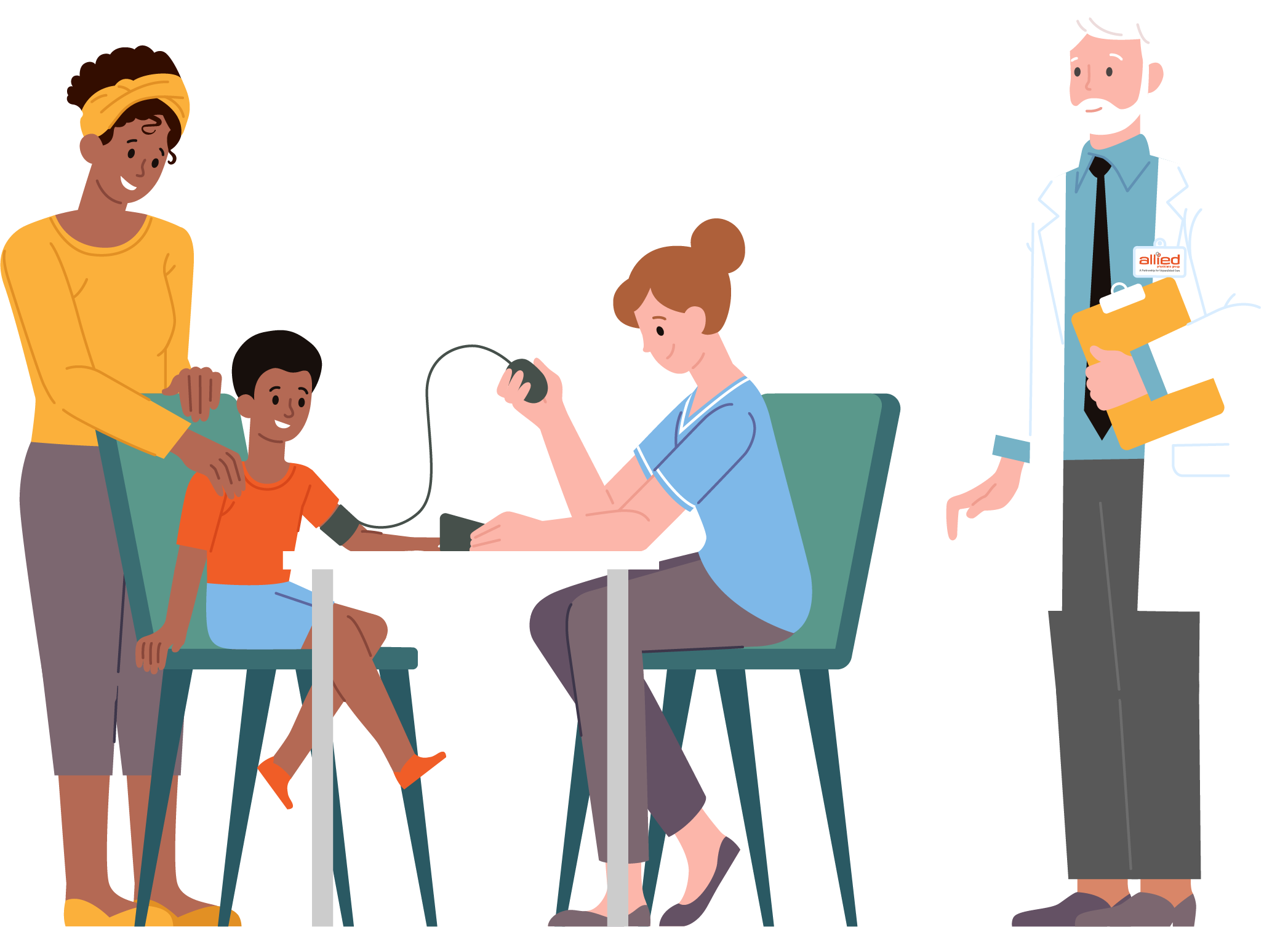
Helpful Tools for Your Child's Health
About Allied Physicians Group in New York
Founded in 2006, Allied Physicians Group is the largest physician-owned pediatric partnership in New York metropolitan area. As a physician-led organization, Allied Physicians Group is a growing partnership of more than 35 pediatric practices, asthma, allergy, immunology, pulmonary specialists, and adult medicine physicians, who are located throughout Greater New York City, Long Island, and the lower Hudson Valley region. Each year, the 150 clinicians of Allied Physicians Group see more than 180,000 patients and remain dedicated to comprehensive, quality healthcare for all patients.

Read the Latest Pediatric Blogs from APG Pediatricians
Pediatrician Interview Questions: What to Ask Before Baby Arrives
As you approach the final stretch of your pregnancy, one important step in preparing for your baby's arrival is choosing…
Read More about Pediatrician Interview Questions: What to Ask Before Baby ArrivesHow Soon After Birth Should Your Baby See the Pediatrician?
After the whirlwind event of welcoming a new baby into the world, one of the first real-world adventures you embark…
Read More about How Soon After Birth Should Your Baby See the Pediatrician?What To Do When You Choose a Pediatrician: Next Steps
What To Do When You Choose a Pediatrician: Next Steps Congratulations! You've navigated the maze of how to choose a…
Read More about What To Do When You Choose a Pediatrician: Next Steps
